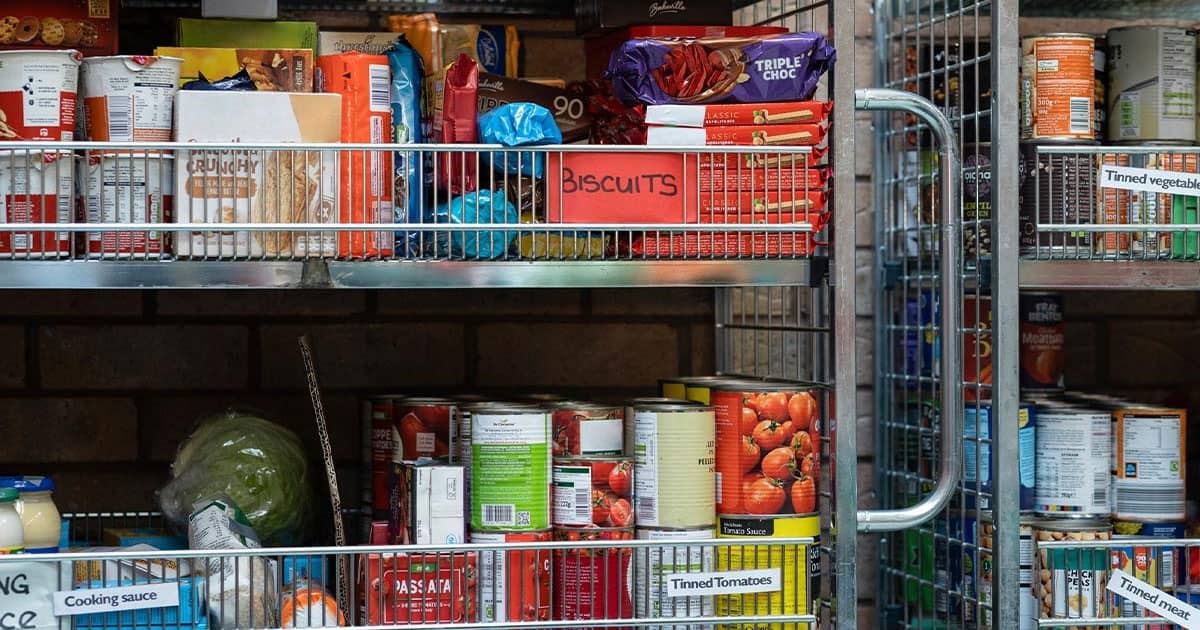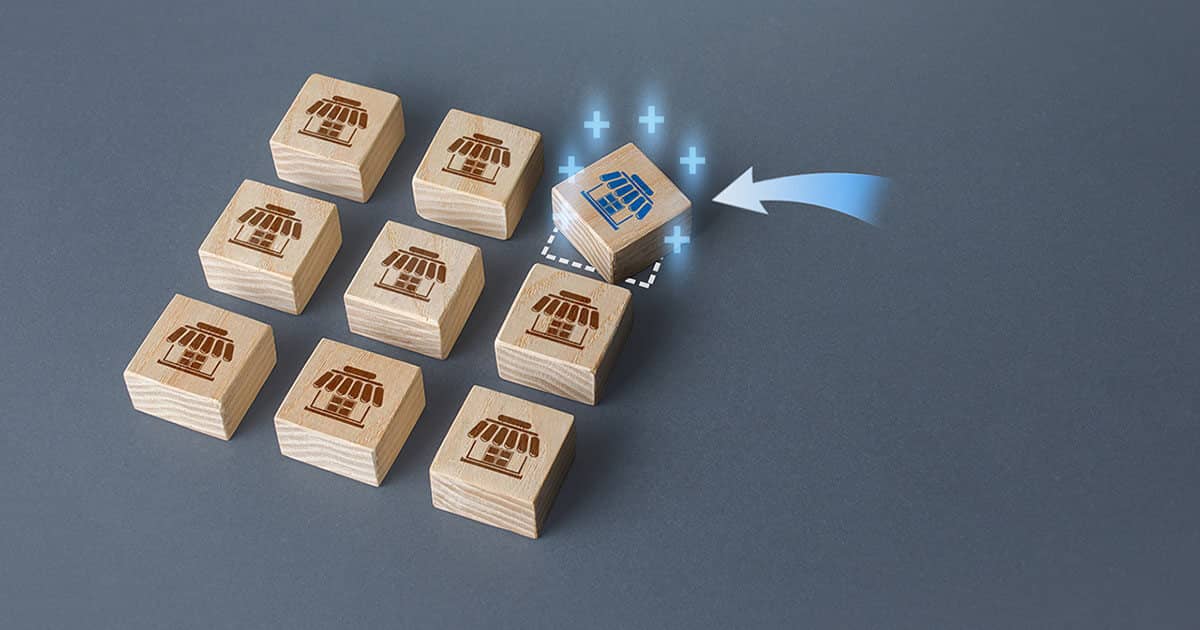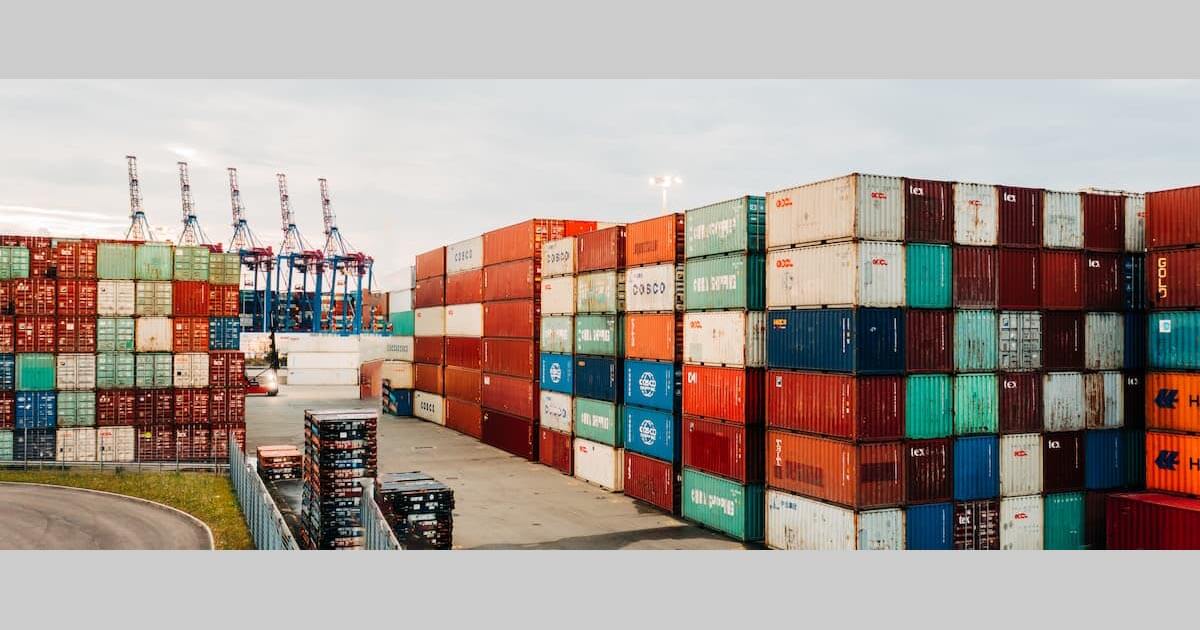The new format of technical training
What is a T-Level?
The T in T Level refers to the technical aspect of training for the person studying for the qualification. This qualification will be equivalent to 3 A Levels, similar to a Level 3 BTEC.
The course will take 2 years to complete, again similar to an A Level, and will include both classroom learning and on the job training in industry placements.
Young people who have studied for this qualification will be able to use it to go into skilled employment, further studying or into a higher-level apprenticeship.
Are they relevant for my business?
The Government are currently working with UK businesses and education providers to bring T Levels to a huge range of different business areas, including:
- Accounting
- Agriculture, land management and production
- Animal care and management
- Building services engineering
- Catering
- Craft and design
- Cultural heritage and visitor attractions
- Design, development and control
- Design, surveying and planning
- Digital business services
- Digital production, design and development
- Digital support and services
- Education
- Financial
- Hair, beauty and aesthetics
- Health
- Healthcare science
- Human resources
- Legal
- Maintenance, installation and repair
- Management and administration
- Manufacturing and process
- Media, broadcast and production
- Onsite construction
- Science
Selected schools and colleges have been chosen to run T Levels from September 2020 in the Digital production, design and development, design, surveying and planning and Education industry sectors. Some are running all three subjects but others may only run one or two in their first year.
Why does this benefit my business?
There are several reasons why T Levels could help support you and your business:
Trained staff
Once they have completed the course, someone who has a T Level will be better equipped to work in your industry.
Relevant to your industry
Because the qualifications have been created in conjunction with UK businesses and education providers, someone who has completed a T Level will have had the relevant hands-on work experience and skills to work for your business.
Skilled staff
Work experience is a mandatory part of the training. Students on a T Level course will have to complete a minimum of 45 days of on-the-job training, which will give them the opportunity to learn the technical skills and valuable experience to quickly adapt to your business.
Insight from the experts
We spoke to Kelly Lightfoot, Business Training Consultant at Lancaster & Morecambe College, who gave us more information on the new T Levels, She says:
“New technical qualifications are currently being trialled, and will be introduced in 2020. This will be a major opportunity for employers to ensure they get the assurance that new employees have gained substantial, hands-on experience and industry-related skills before they start a full time job. This will allow them to hit the ground running once they start in full time roles.
Employers will be able to shape the way young people are trained in collaboration with the excellent education providers on their doorstep. It also means learners get more time to master essential skills, competencies and behaviours that are required in their chosen career.
The National Apprenticeship Service (NAS) will be responsible for providing advice on industry placements to employers, with some of your local education providers, such as Lancaster & Morecambe College, providing a matching service available for employers.
If you hire staff at your business, you should start having conversations about what T Levels are and start planning for their implementation. It’s a great idea to also speak to your local college about how you can be collaborating now to get ready.”
Kelly Lightfoot, Business Training Consultant at Lancaster & Morecambe College.
Business insurance with Premierline
The UK has millions of different businesses in a variety of different industries. Getting a business insurance policy that covers your business for the work that you do can be a minefield of misinformation and frustration, and without the right advice, you could even end up underinsured.
Premierline is a business insurance broker, who has a wealth of experience in finding insurance for businesses across the UK. Our specialist business insurance advisors will assess your business' needs and will compare quotes from some of the UK's most well-known insurance providers to find you the right cover at the right price. Get in touch to speak to one of our insurance experts today.
















